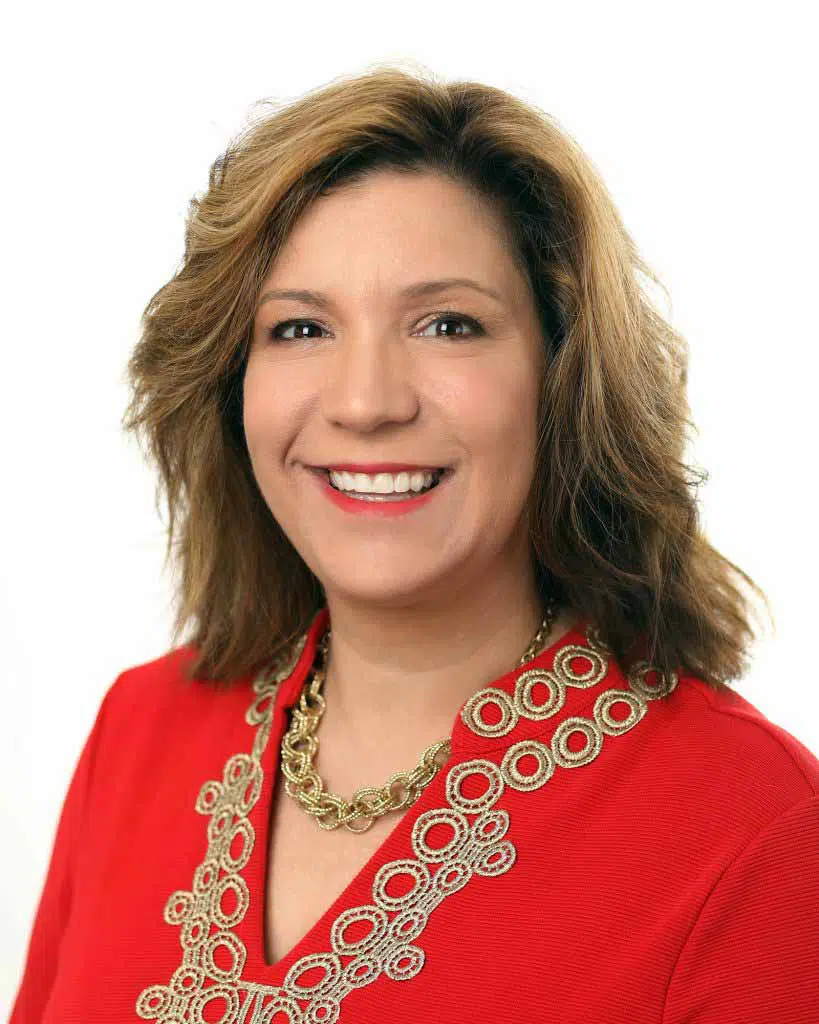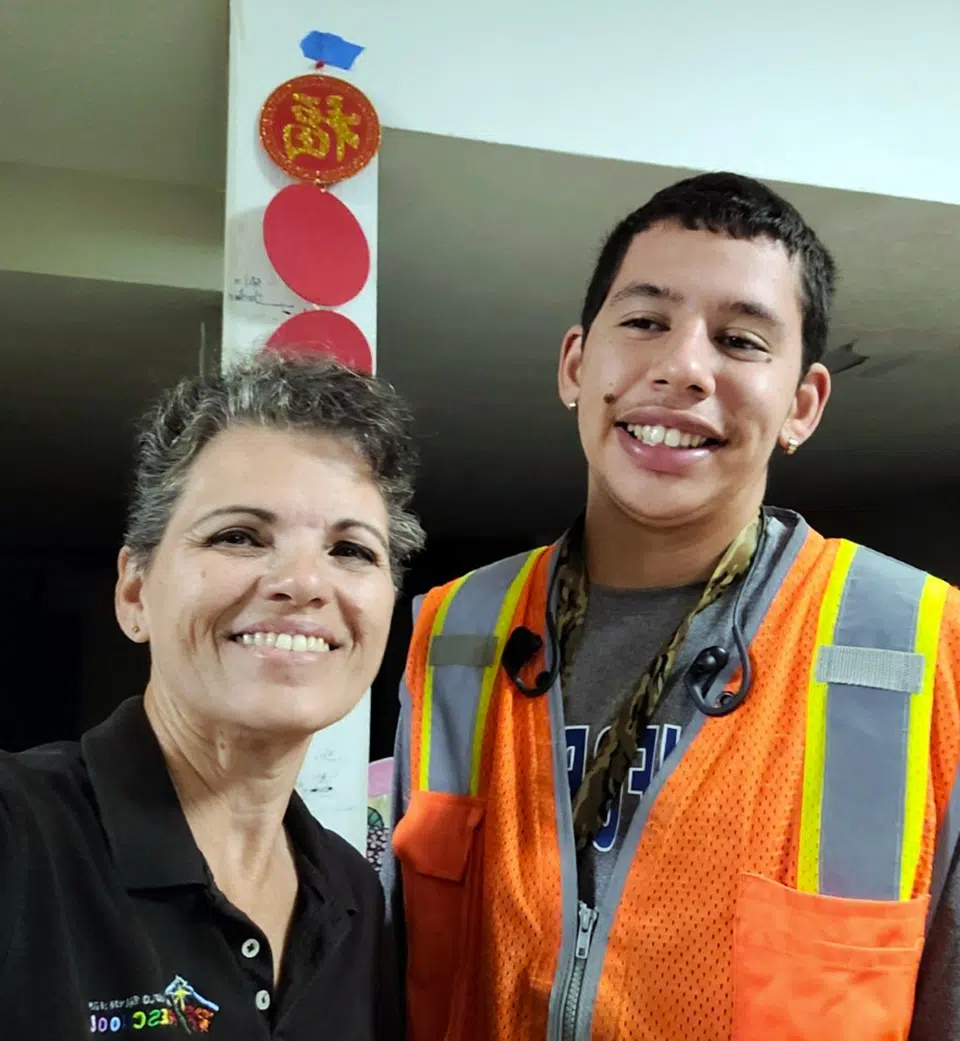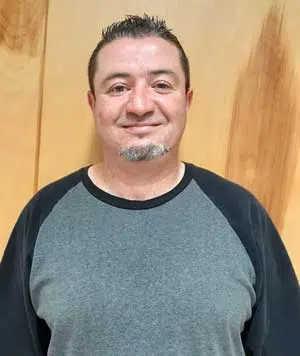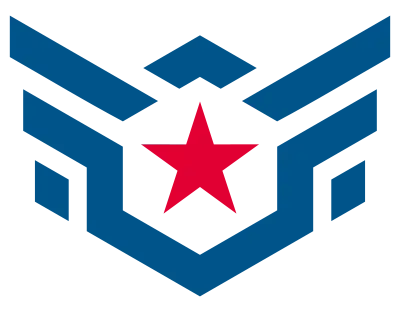Leah Burdick, PRIDE Industries Chief Growth Officer, recently spoke with Doug Thomas of the Sacramento Public File. In this interview. Leah explains how PRIDE Industries fulfills its mission to create employment for people with disabilities. The interview has been edited for length and clarity.
Doug Thomas (DT): Good morning and welcome to the Public File. I’m Doug Thomas and my guest for this segment is Leah Burdick, the Chief Growth Officer for PRIDE Industries. Please share some background on PRIDE Industries.
Leah Burdick (LB): PRIDE Industries is a social enterprise. That means we provide business services that fuel our mission of creating employment for people with disabilities. We also provide support services to help people with disabilities succeed in the workforce.
We’ve been around for 56 years now. We started in 1966, when a group of parents gathered in Auburn to find a way to create jobs for their adult children with disabilities. Their first business was building birdhouses and selling them to local businesses. And from that beginning, we’ve grown into an organization that operates in 15 states and the District of Columbia. Our employees can be found working in Fortune 500 companies, on military bases, and in local businesses.
DT: The term “disability” covers a lot of conditions. How unique and varied are PRIDE Industries clients?
LB: When people think of disabilities, they often think of a physical disability or perhaps an intellectual or developmental disability. People might thing of learning disabilities like autism, ADHD, and dyslexia. But there are other types of disabilities as well, like traumatic brain injury. There are also psychological or mental disabilities. Depression and PTSD are types of disabilities too, and we’ve certainly seen a rise in those since the start of the pandemic.
And no matter the disability, PRIDE Industries is there to help. We place people with disabilities in roles that run the gamut from office professional to construction worker, lead custodian to groundskeeper. Any role that you think of, a person with a disability can do.
Employees with Disabilities: A Proven Workforce
DT: What’s the best way for businesses to find out more about hiring people with disabilities?
LB: Businesses can go to PRIDEIndustries.com. Then they can either call the number listed, or they can fill out our web form. Either way, we’ll be in touch with them within 24 hours.
DT: What would you say to someone in our audience who has a disability and wants to work?
LB: Don’t get discouraged. We are here to help. Please call 844-I-AM-ABLE to speak to one of our case managers. We’ll assess your situation, get you connected to support services, and speak to you about different jobs that you might like to do. Family members and caregivers of people with disabilities are also welcome to call.
DT: What are some of the challenges that people with disabilities face when it comes to finding a job?
LB: We’re in an era of increasing diversity and inclusion in the workplace, which is wonderful. But all too often, people with disabilities still aren’t part of that conversation. Companies don’t always include them in their talent acquisition planning. And that’s a loss for everyone, because people with disabilities are an amazing source of untapped talent, and their skills and dedication are especially needed in today’s difficult hiring environment. Everyone has talent; everyone has something to contribute.
DT: What types of employment are you able to find for your clients?
LB: We always have a lot of jobs available, especially in landscaping, custodial, and facilities management. We have quite a number of office jobs as well. And we hire a lot of job coaches—people with and without disabilities—who provide mentorship and on-the-job coaching to help people with disabilities succeed in the workplace. People can visit PRIDEIndustries.com and check out the available jobs.
DT: Who are some of the global and local companies that partner with PRIDE industries?
LB: We work with VSP Global, SMUD, HP, Compass Group, Ingram Micro, and Amazon, among other large companies. Locally, we have employees at Hard Rock, Thunder Valley, Knee Deep Brewing, Raley’s, and Neck Nosh Pretzel Necklaces. We provide services to businesses of all sizes.
PRIDE Industries Helps Businesses of All Sizes Reach Their Inclusivity Goals
DT: When companies hire PRIDE Industries employees, what kind of support do they receive?
LB: We work with the employer to help them create a more inclusive workplace. We help ensure that the proper accommodations are in place for the employee to contribute and succeed, which studies have shown helps drive profitability and sales. We also provide job training for employees with disabilities, as well as on-the-job coaching, if needed.
DT: I bet you’ve got more than a few success stories. Can you share one of them with us?
LB: There’s so many to choose from…We have an employee who experienced a traumatic brain injury that required her to relearn her ABCs. She had been a writer, and while her writing skills weren’t much affected, her speech was. She joined our proposal writing team and continued to heal on the job as she helped with proposals. She’s very productive, and a great team member.
DT: What do companies say about the quality and caliber of PRIDE Industries employees?
LB: Companies tell us all the time what a pleasure it is to have PRIDE Industries employees in their workplaces, how it boosts morale, even among employees without disabilities. We also hear that customers like it too. A lot of customers want to buy from companies that are giving back and having a social impact.
DT: Why should I consider hiring someone with a disability through PRIDE Industries?
LB: We’ve always known that people with disabilities make great employees. But especially now, given the labor market that we’re in, a lot of more companies want to work with us. They’re seeing that we provide quality talent with high retention rates.
DT: Are there any sponsors you’d like to say thanks to this morning? And could you use some volunteers?
LB: We’re lucky to have some wonderful local partners who support our Michael Ziegler PRIDE Industries Foundation—Wells Fargo, Bank of America, Sutter Health, Teichert, Ticket To Dream, The Walter S. Johnson Foundation, The Kelly Foundation, Placer Community Foundation, and more. Their generosity helps fund programs like our I AM ABLE Employment Helpline and job internships.
DT: What’s the best way for our listeners to help support PRIDE Industries?
LB: They can go to our website and click on the donation button. And certainly, please share our helpline. Call 844-I-AM-ABLE and we can get people on the pathway to meaningful employment.
Service Solutions to Help Your Business Grow




